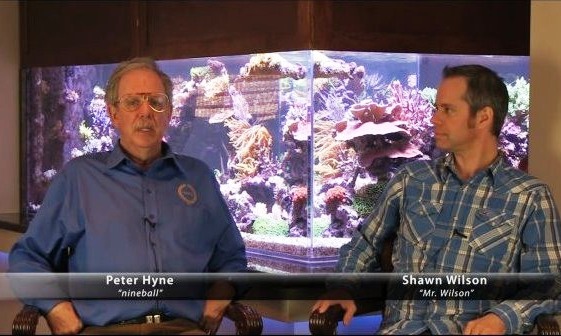About Light,Coral,and Photosynthesis
Many factors can affect coral growth
Lightning, water temperature, feeding strategies, and water chemistry all affect coral growth and appearance. Proper lighting is one of the most important aspects of any reef aquarium. The Zooxanthellae that live in coral tissues depends heavily on specific types of light energy to flourish in a symbiotic relationship with the host coral. The lighting we provide for the aquarium as hobbyists needs to simulate this as closely as possible.
There are a few properties and measurements of light that should be considered when one wishes to successfully maintain and grow coral.
Lumens
are the international unit of luminous flux used to measure the total amount of visible light emitted. The more lumens, the "brighter" or more "intense" the light looks to the human eye, so lumens are a measure of the power of the visible to the human eye.
Light is energy, and travels in light waves. The wavelength of light is measured in nanometers, with violet and blue at the lower end of the visible spectrum (400-470nm) and the red is at the higher end (at around 700nm). The color spectrum is very important for coral growth in your aquarium, because certain wavelengths are more beneficial to coral than others.
Corals found in shallow reefs and tide pools receive a greater portion of the light spectrum and intensity of natural sunlight because there is not enough water to significantly filter the light (water absorbs certain wavelengths of light more readily than others). Corals found in deeper parts of the reef receive more of the blue spectrum and less intense light, because the water has absorbed much of the red and yellow wavelengths.
The Orphek PR-156 LED aquarium light is designed to penetrate over 48" (122cm) so that coral can be illuminated effectively in deeper aquariums with LED lights - no longer must reef aquarists rely on expensive and extremely hot 400w metal halide lights.
Temperature:
Zooxanthellae are not very flexible when it comes to water temperature; they do best at temperatures between 23-28 C(73-82 F). These algae also need a lot of light, which is why shallow coral reefs are only found in tropical, clear waters where temperatures do not fluctuate too much during the year. In the summer, temperatures sometimes get above30 C(86 F), causing the zooxanthellae to die off. As a result, the corals expel these symbiotic algae. This is called bleaching, and it is now a common process on coral reefs worldwide.
Global warming has caused summer temperatures to become higher, and or longer periods of time. The corals and the zooxanthellae have trouble with adapting to this fast changing climate. It is important that we try to slow down climate change by reducing the amount of greenhouse gases we produce. Traditional light systems generate high heat, changing the temperature on the surface of the aquarium. Our system reduces heat, consequentially costs of maintenance of chillers to control the temperature of the water.
Therefore, by choosing Orphek aquarium led lighting system you Will have to spend less Money to mantain the temperature controled to avoid bleaching. Basically this means that by choosing Orphek aquarium led lighting system, not only your corals Will grow faster their colors Will be more vivid, more intense!

